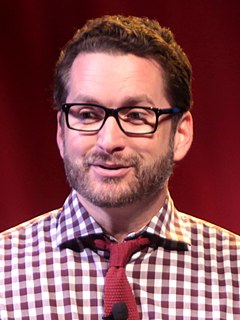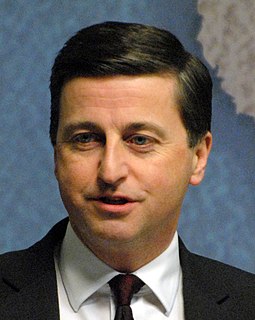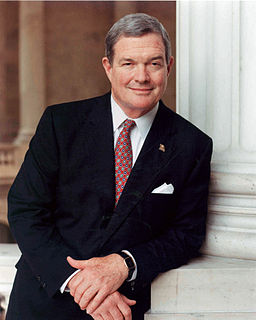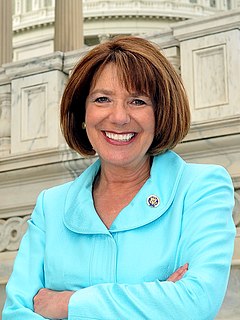A Quote by Edward Snowden
The majority of terrorist attacks that have been disrupted in the United States have been disrupted due to things like the Time Square bomber, who was caught by a hotdog vendor, not a mass surveillance program, not a cyber-espionage campaign.
Related Quotes
We need to make sure that whenever we're engaging in a cyber-warfare campaign, a cyber-espionage campaign in the United States, that we understand the word cyber is used as a euphemism for the internet, because the American public would not be excited to hear that we're doing internet warfare campaigns, internet espionage campaigns, because we realize that we ourselves are impacted by it.
In terms of my conversations with [Vladimir] Putin, these are conversations that took place before the election. As I indicated, there has been very clear proof that they have engaged in cyber attacks. This isn't new. It's not unique to Russia. There are a number of states where we've seen low-level cyber attacks and industrial espionage and, you know, other behavior that we think should be out of bounds.
When we look at the full-on mass surveillance watching everyone in the country, in the United States, it doesn't work. It didn't stop the attacks in Boston. The marathon bombings. Where again, we knew who these individuals were. It didn't stop the Underwear Bomber, whose father walked into an embassy and warned us about this individual before he walked onto an airplane. And it's not going to stop the next attacks either. Because again, they're not public safety programmes. They're spying programmes. They are valuable for spying.
When we have some horrible terrorist attacks happen in some country we see in the recording that follows, that the intelligence community already knew about these people in advance. We know that these countries were involved in intelligence sharing premiums, that they benefited from mass surveillance, and yet they didn't stop the attacks. Yet at the same time we immediately see intelligence officials running to the newspapers and claiming that we need more surveillance, that we need more intrusion, that we need more expense of powers because it could have stopped an attack.
Why do terrorist attacks that kill a handful of Europeans command infinitely more American attention than do terrorist attacks that kill far larger numbers of Arabs? A terrorist attack that kills citizens of France or Belgium elicits from the United States heartfelt expressions of sympathy and solidarity. A terrorist attack that kills Egyptians or Iraqis elicits shrugs. Why the difference? To what extent does race provide the answer to that question?
It ends a 40-year ban on exporting U.S. oil. It's changed - it's included in its cyber-security legislation - that says to private companies, hey, if you share with us your data on your cyber-attacks, your potential cyber-attacks, we'll give you liability protection. And they authorized a health care program for 9/11 responders for 75 years to cover the length of their lifespans.



































